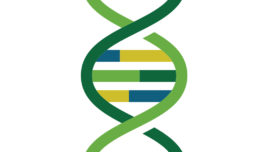Driving Gene Therapy Forward
In 2000, recognizing the involvement of ASHG members in gene therapy research and implementation, ASHG issued a statement commenting on the need for rigorous research and consideration of patient interests. Related: Statement on Gene Therapy (August 2000) Read More

